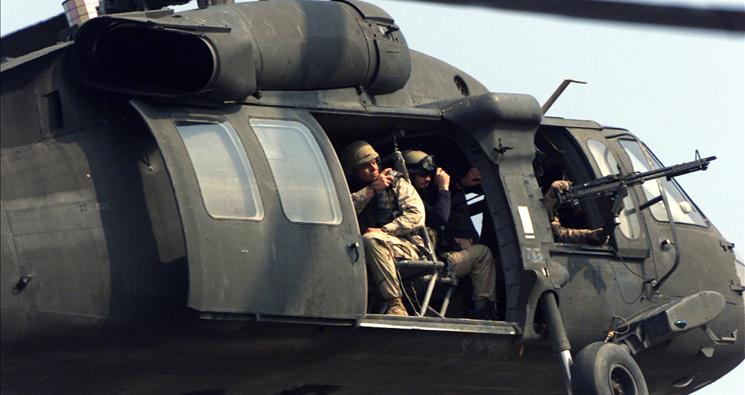Can States Give Military Voters Extra Time?
That is the question at the heart of the Obama campaign’s lawsuit in Ohio. To understand the case, one has to compare the law before and after the changes Obama challenges. Here’s how the AP described the prior law:
Before the changes to the law, local boards of election had the discretion to set their own early, in-person voting hours on the days before the election. And in-person voting on the weekend varied among the state’s 88 counties.
In other words, under prior law your early-voting rights differed based on the county of your residence — a highly-inefficient, arguably arbitrary system. The new law introduced uniformity and closed early voting in the three days before the election. Military voters (voters covered by the Uniformed and Overseas Citizens Absentee Voter Act) can, however, vote during that time period. The Obama administration calls this distinction “arbitrary.”
The question of the case is quite simple: If a state extends additional voting privileges to members of the military, must it extend those same privileges to every other American? The answer generally depends on whether other voters are “similarly situated” to service members and their families.
Clearly, they are not. Do civilian Ohioans have to pack up and go where the Department of Defense tells them to go? Do they have temporary duty assignments in service of their country? Are they faced with the family dislocations and disruptions created by the demands of service, including preparation for and recovery from deployment?
Responding to the obvious and substantial differences in family challenges created by military service, many states have long-standing military voter programs that not only give extra time but also create costly communication and education initiatives. These kinds of programs are almost universally-popular and generally have been applauded and advanced across partisan lines. After all, when you lay down your life for your country, the least your country can do is give you a bit of extra flexibility with voting deadlines.
But now, the Obama campaign calls “arbitrary” the longstanding distinction between civilian and military voters and while they’re not trying to disenfranchise military voters, they are striking at the very heart of the idea that military voters face special challenges (again and again referring to them as “similarly situated” with civilians). It is this obliteration of the distinction between the demands on military and civilian families that has energized so many veterans groups — groups that understand the special (not “similar”) challenges of military service.
